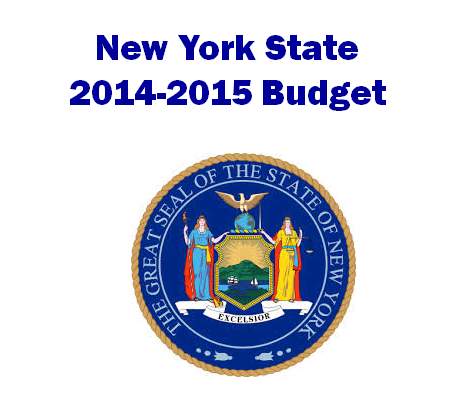New York City Taxes Ripe for Reform
January 13, 2015. The City of New York taxes its wealthiest residents much less than middle- and low-income residents, and state and local officials should fix three major City tax breaks that expire this year, according to a new report from the Fiscal Policy Institute (FPI). In a sweeping report that reviews decades of tax changes and trends, FPI pinpoints inequities, tallies the cost of broken tax breaks, and urges tax reforms that reflect today’s economy and current challenges. A report summary is also available. [...]


